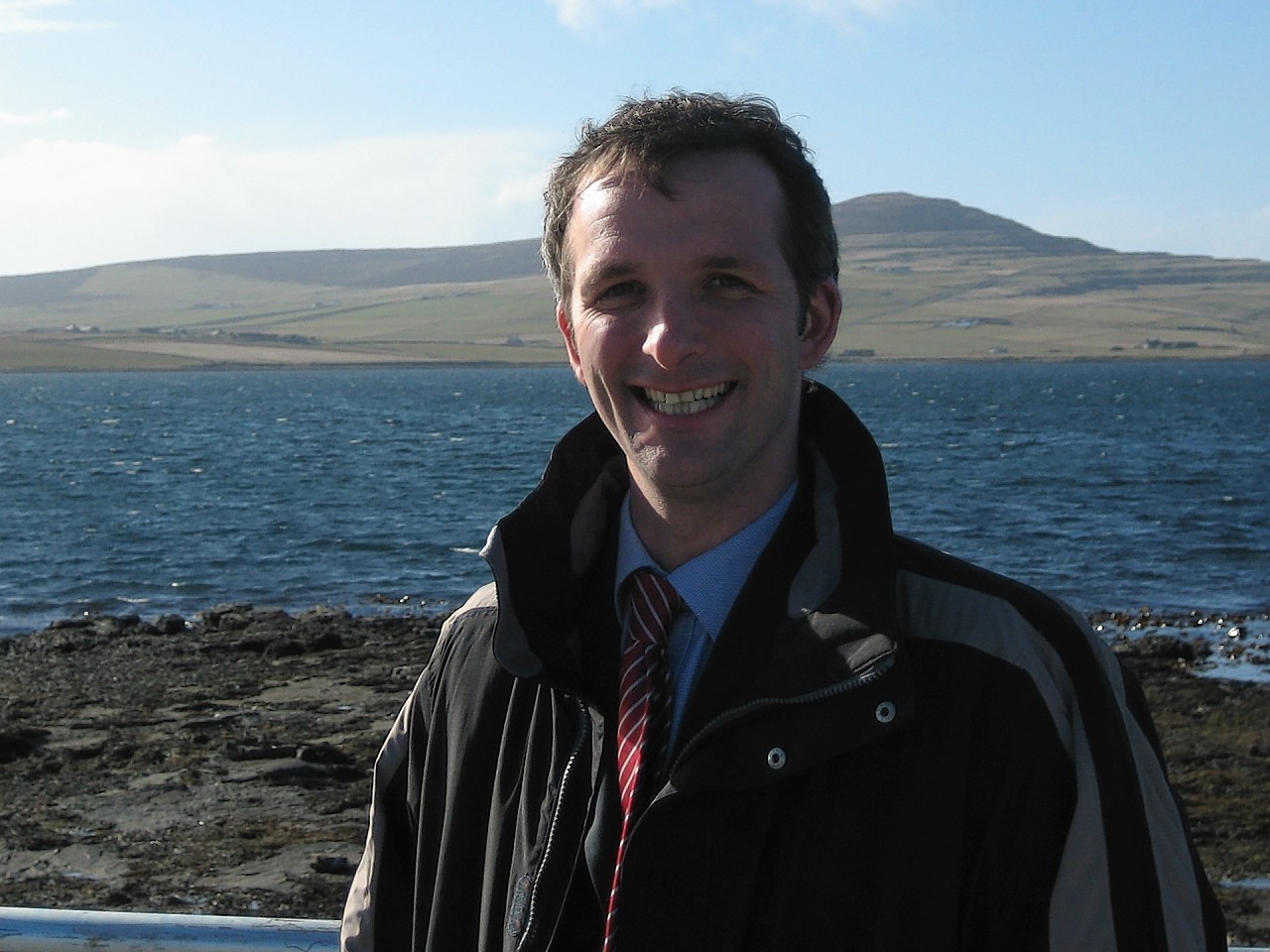Figures showing “astronomical” fuel poverty levels in Orkney – the highest in Scotland – have been condemned by the islands MSP.
The number in poverty has reached more than half of all homes on the islands, compared with 17% in city centres.
A household is in fuel poverty if, in order to maintain a satisfactory heating regime, it would be required to spend more than 10% of its income on all household fuel use.
If over 20% of income is required, then this is termed as being in extreme fuel poverty.
Orkney MSP Liam McArthur has urged the Scottish Government to pay heed to the realities of fuel poverty after new data shows that Orkney has, once again, the highest rates of fuel poverty in Scotland.
The figures, published by the Scottish Government this week, have showed that the fuel poverty rate in Orkney was 57%.
This compares to 17% in the City of Edinburgh.
Mr McArthur said: “Fuel poverty levels are shameful Scotland-wide in this day and age. However, these figures underline that rural and island communities are disproportionately badly affected.
“I have consistently made the case for recognition of this alarming disparity, and I am glad that the Housing Minister has now agreed to look at options to recognise that ahead of Stage two of the Fuel Poverty Bill.
“Orkney and other rural and island communities urgently need targeted action to reduce the astronomical rates of fuel poverty and extreme fuel poverty. The latest figures provide a timely reminder about the need to get the legislation and policy right.”
Pensioner Mary Brown, who moved to the island, from Yorkshire, in 2016 said: “I simply do not know if I can afford another winter on the island. The house I privately rent is old, and I just can not keep it warm.
“I am paying more than £200 a month on gas and electricity for my two bedroomed home.”
Kevin Stewart, Minister for Local Government, Housing and Planning said: “We have recognised the concerns raised about the need for the Fuel Poverty Bill’s proposed new definition of fuel poverty to take account of the higher costs faced by those living in remote rural areas, remote small towns and island communities.
“That is why, as the Bill progresses to the next stage, we have committed to introducing an adjustment to the Minimum Income Standard used in the measurement of fuel poverty for these areas. I have also given a commitment to Parliament that we will be publishing an islands impact assessment in respect of all the Bill’s provisions by the end of April.
“With this ground breaking legislation we are determined to tackle the root causes of fuel poverty and transform our homes to be warmer and more energy efficient. It sets an extremely ambitious target for reducing fuel poverty, ensures the definition is much better aligned with income poverty, and commits us to producing a long term strategy detailing the actions we will take to achieve the target.
“We are already working with our stakeholders and partners on the development of the final version of this Fuel Poverty Strategy, including people with lived experience of fuel poverty.”
